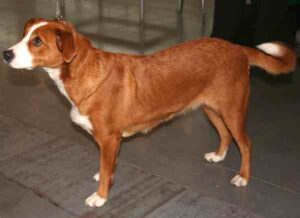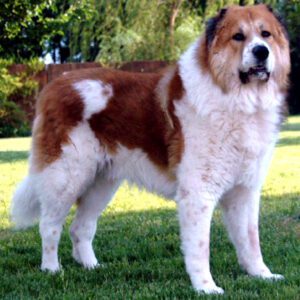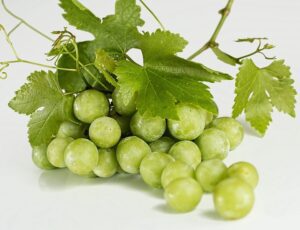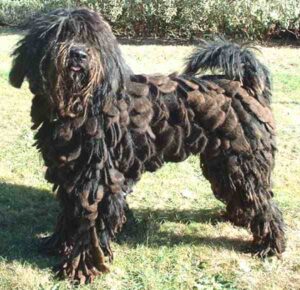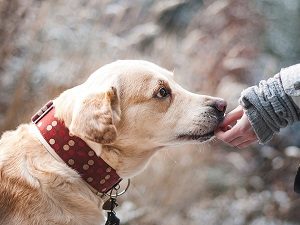There are many reasons why someone might want to have a farm dog. Some owners are thinking about such a pet as help with the range of tasks. Others simply enjoy having a dog around them.
Few things are as inseparable as dogs and farms. It’s a coupling that simply just makes sense. Over time, the roles of dogs on farms have evolved, making them an indispensable asset for farmers.
There are numerous benefits to having dogs on a farm, including enhanced security, livestock management, and overall farm efficiency. In this article, we’ll explore the many advantages of having dogs on farms and some critical things for farmers to consider regarding the well-being of their canine companions.
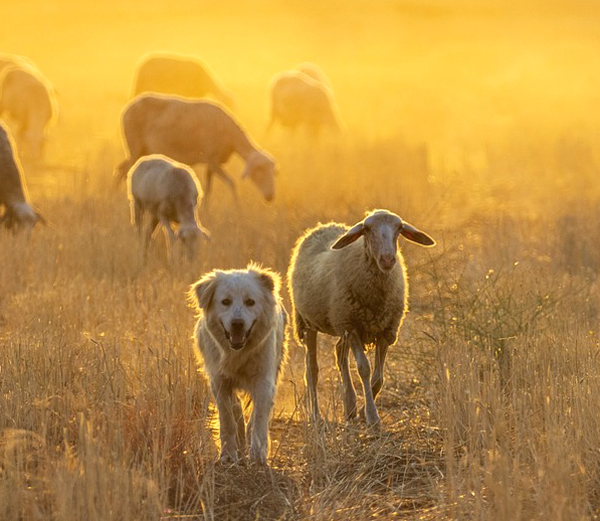
Benefits of having a farm Dog
- There are several benefits of having a farm dog. Here we are trying to list the top benefits of having a dog on your farm:
- Security
- Livestock management
- Farm efficiency and versatility


